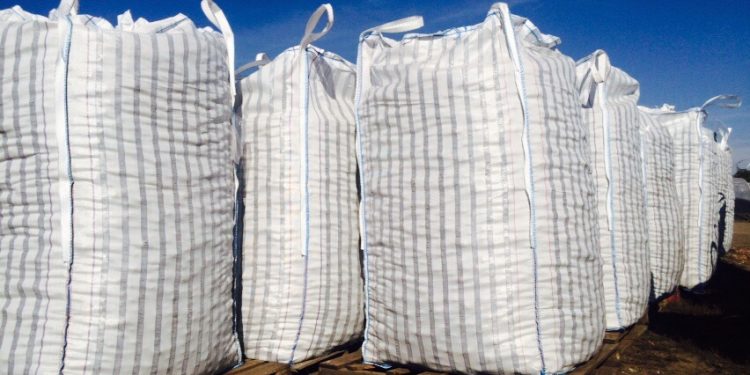#agriculture#seedstorage#crop#yields#farming#agriculturalengineering#agronomy#potatostorage#seedquality
As a farmer or agricultural professional, you know that seed quality is critical to crop yields. However, if seed storage isn’t done properly, it can significantly reduce the germination rate and ultimately lead to poor crop yields. In this article, we will explore some tips from a potato storage specialist to ensure that your seeds are stored properly and will produce the highest yields possible.
Improper seed storage can lead to a variety of issues that affect crop yields. For example, storing seeds in a warm and humid environment can cause mold and other fungal growth, which can damage the seed and reduce germination rates. Additionally, exposure to light can also affect seed quality, as it can cause premature sprouting and reduce seed viability.
To ensure that your seeds are stored properly, it is important to follow a few key guidelines. Firstly, it is crucial to store seeds in a cool, dry, and dark place. Ideally, the temperature should be between 32-41°F (0-5°C), and the humidity should be around 30-40%. Secondly, it is important to store seeds in breathable containers such as paper bags or cloth sacks, as this will prevent moisture buildup and allow for air circulation. Lastly, it is recommended to inspect seeds regularly for signs of mold, insect damage, or other issues that could affect seed quality.
By following these guidelines for proper seed storage, you can maximize your crop yields and ensure that you are getting the most out of your investment in seeds. While proper seed storage may seem like a small detail, it can make a big difference in the success of your crops.
In conclusion, proper seed storage is critical to ensuring high crop yields. By following the guidelines outlined above, you can help protect your seeds from damage and maximize their germination rates. As a result, you can enjoy healthy and productive crops that will benefit your farm or agricultural business.







